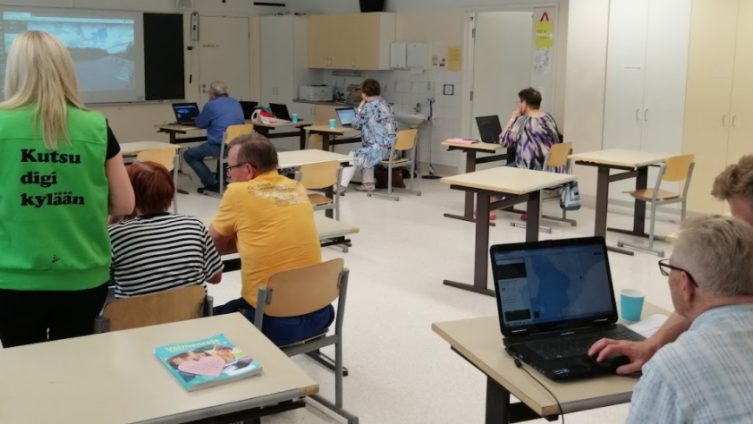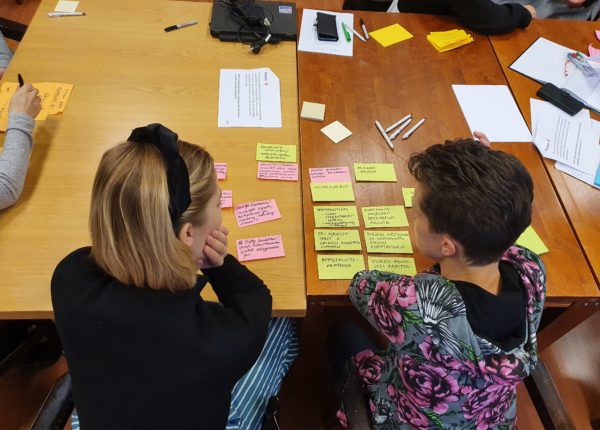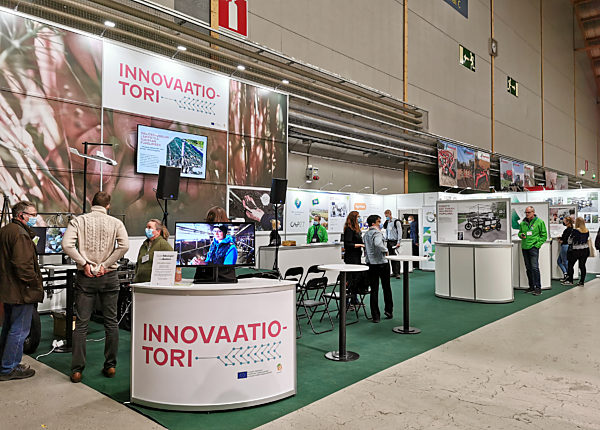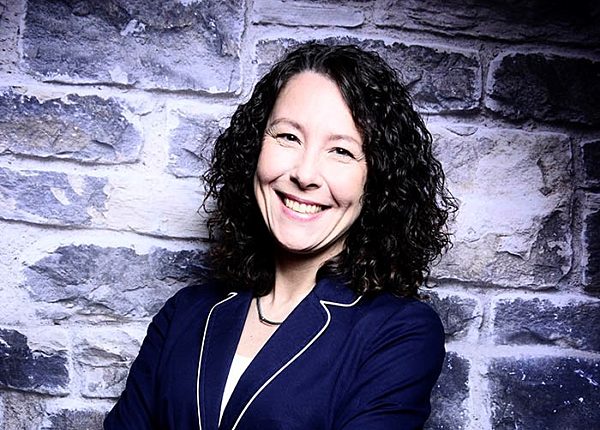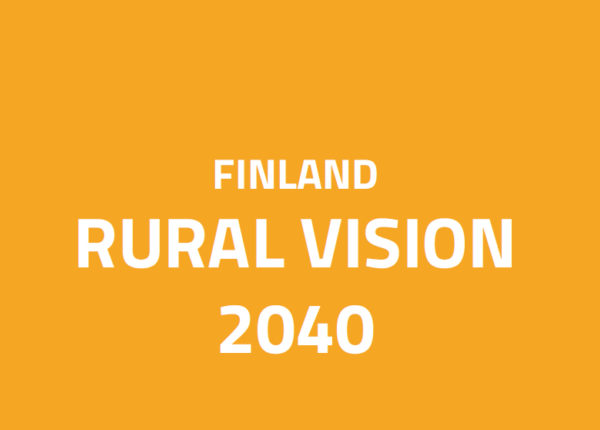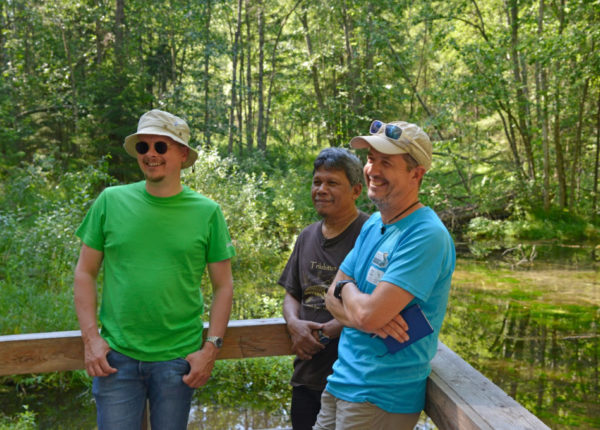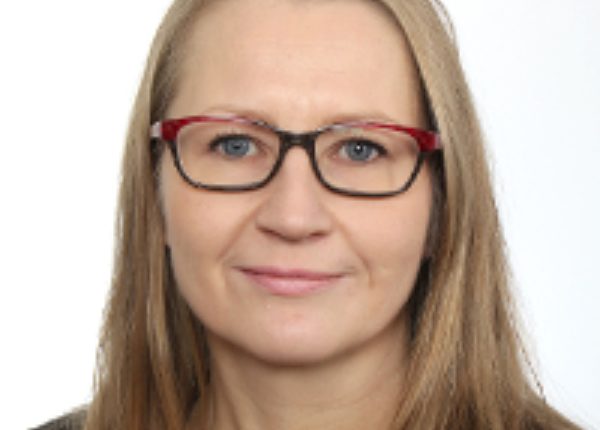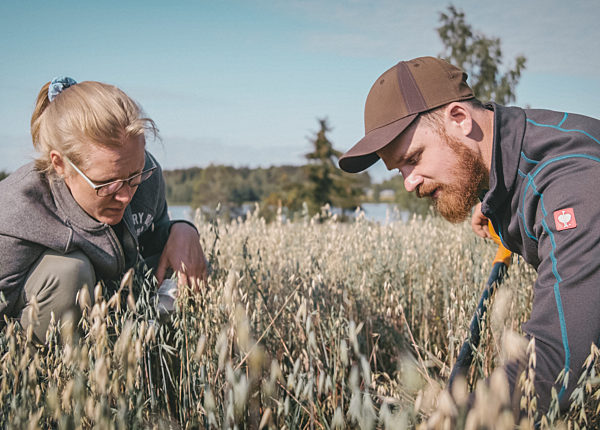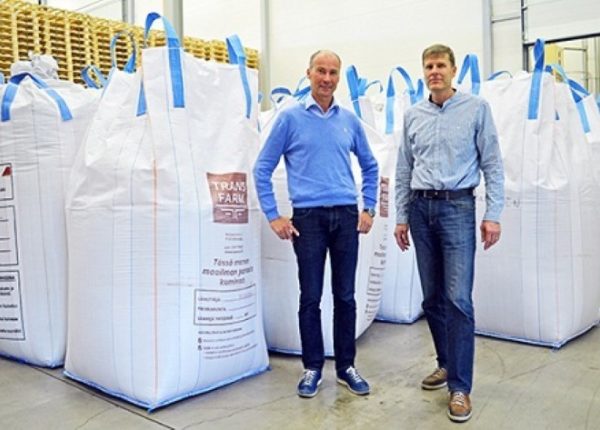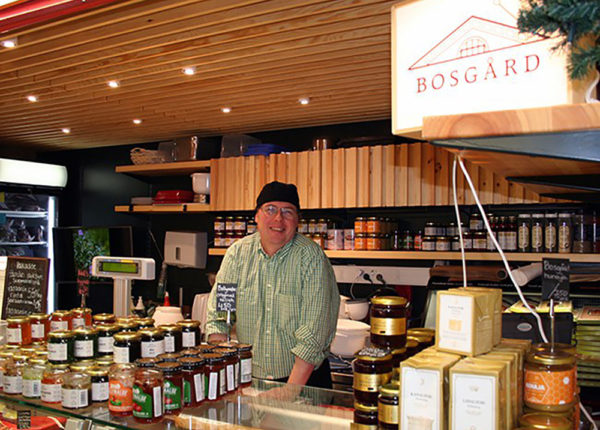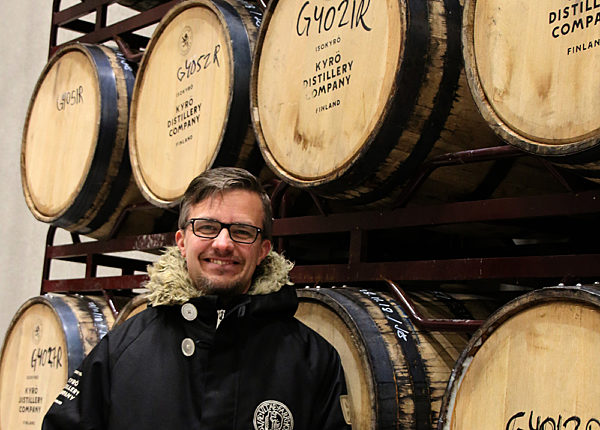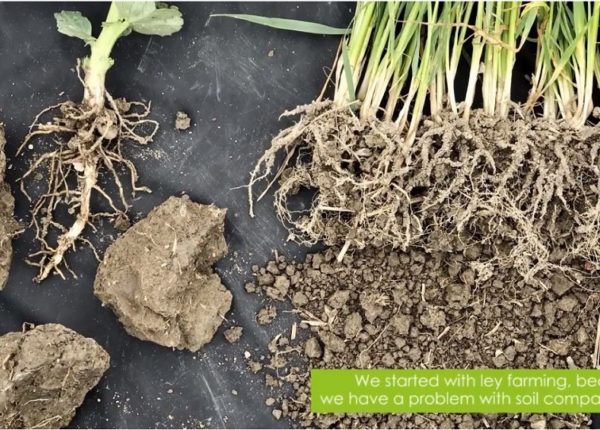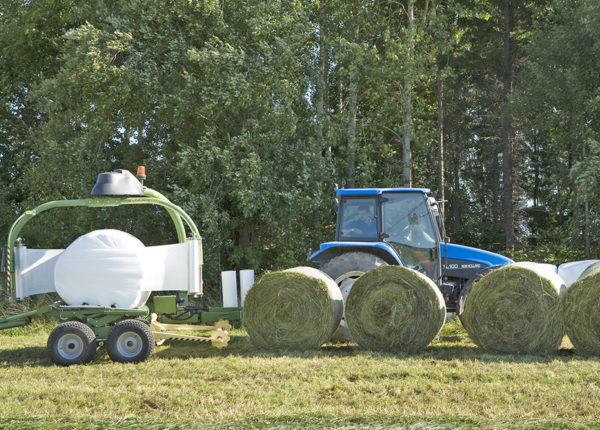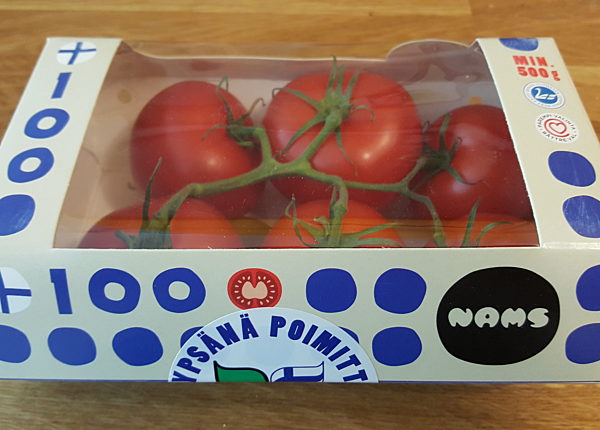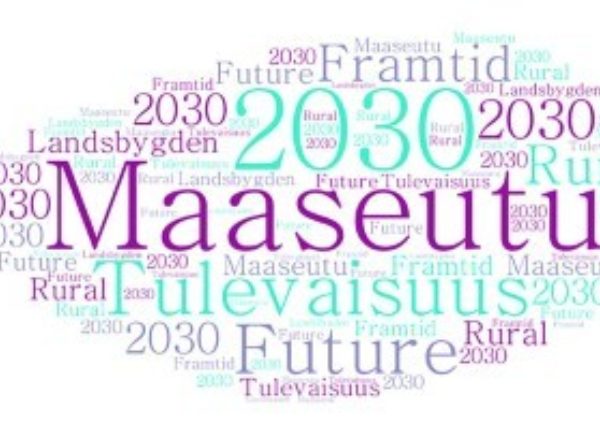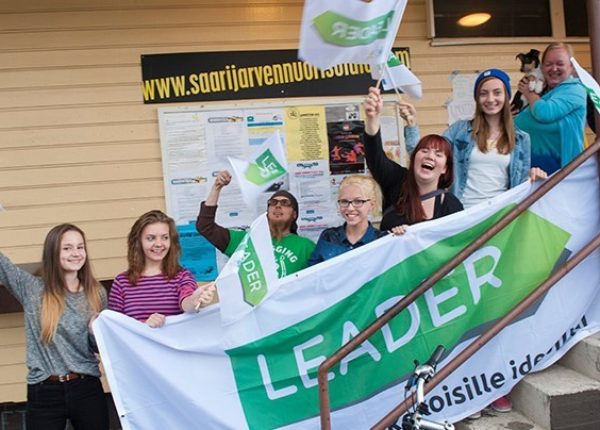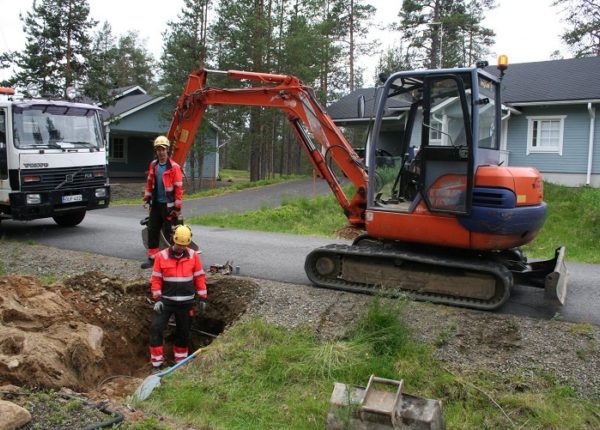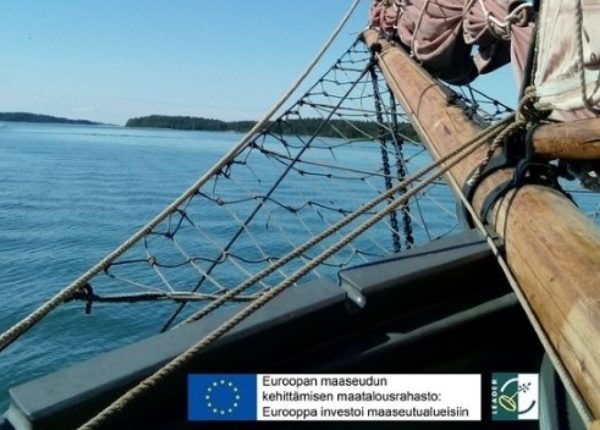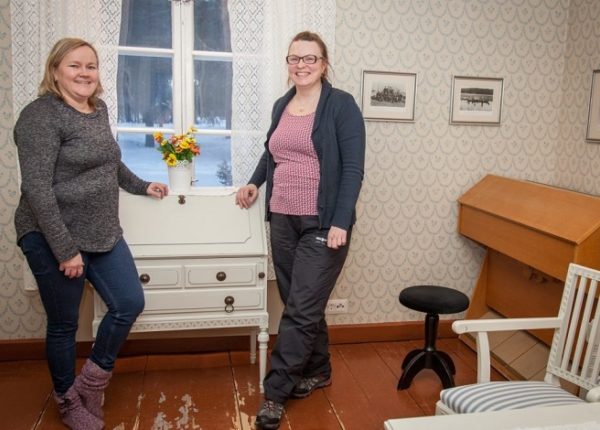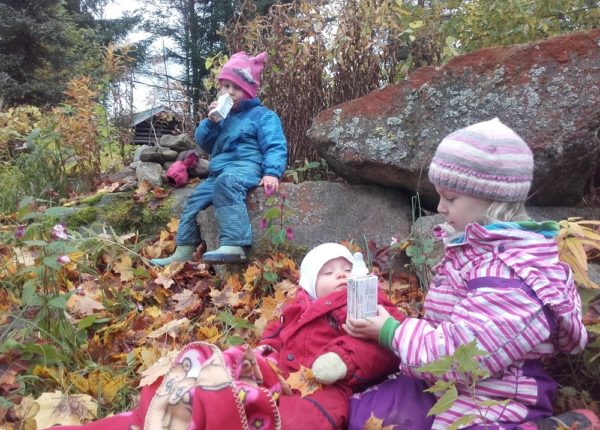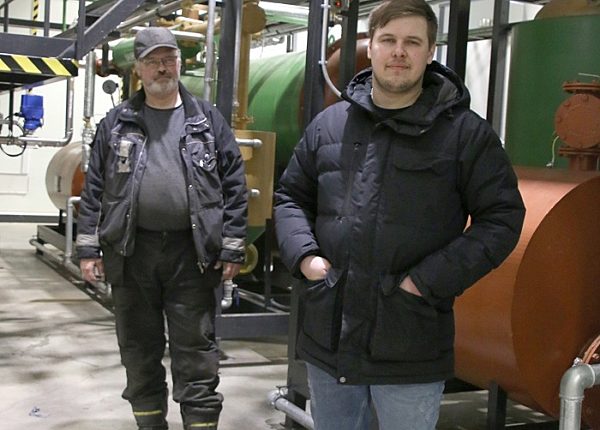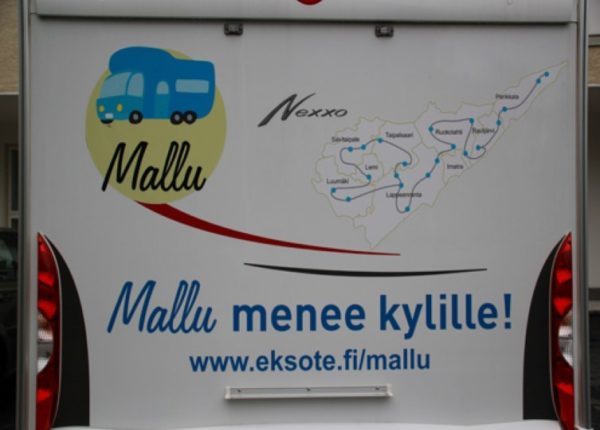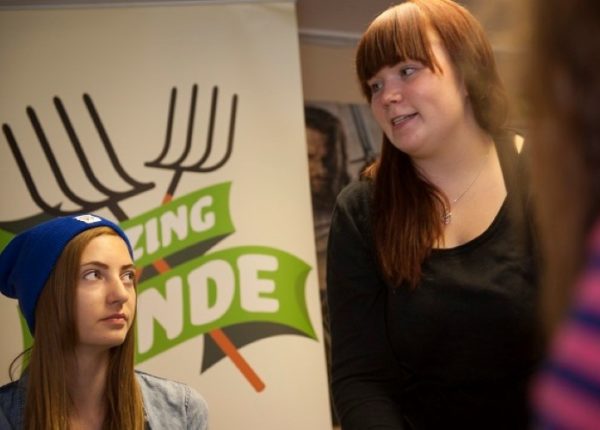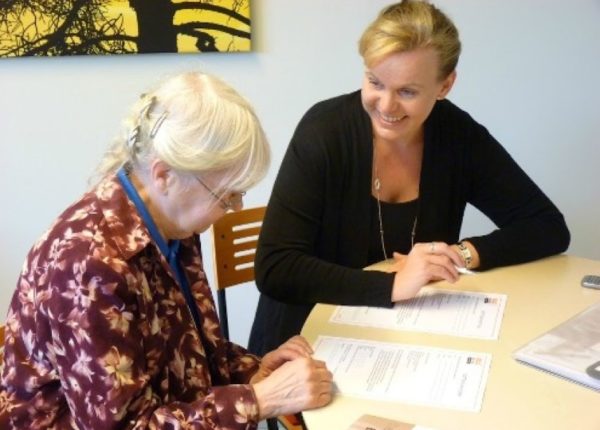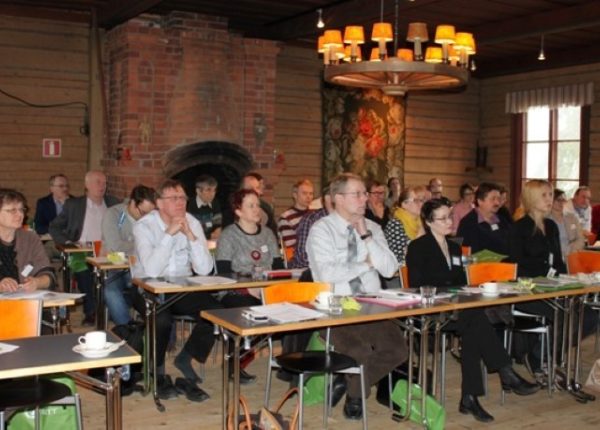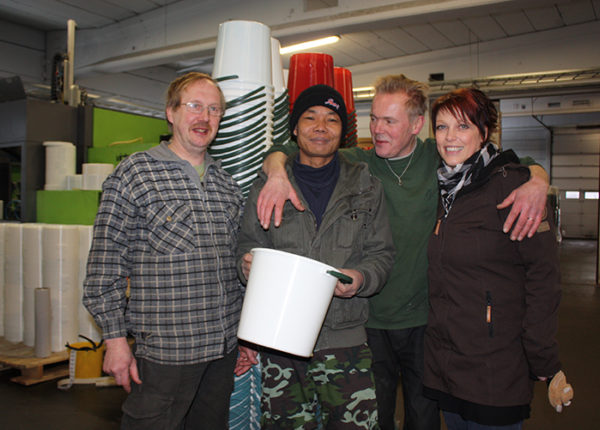The primary goal of the project was to increase the digital skills of the people of Central Finland. In order to develop them, about 100 digital coaching and other events were organised. The villagers were met in libraries, village houses, and private summer cottages. In total, more than 3,000 rural residents and stakeholders were reached.
“According to the feedback we received, we have succeeded in increasing the digital skills of the inhabitants of rural villages, and with the increase in competence, the positive attitude towards digitalisation also increased. In turn, this has increased the courage to try and introduce new e-services, which will increase the well-being of residents and reduce inequalities in a digital society. I believe that this so-called digital capability will also have a long-term effect on keeping the rural areas inhabited and on increasing well-being,” says project manager Susanna Nurmeksela from Jyväskylä University of Applied Sciences .
The trainings mostly started with the basics, such as starting a computer or a smart device.
“I think the most important thing is to encourage the use of the equipment and to dispel suspicions about it. It is not necessary to start using electronic services from online banking and such, but at first you can increase your digital knowledge, for example with finding knitting instructions or by focusing on other areas of interest,” Nurmeksela suggests.
The courage for associations to utilise digital tools in their operations
In addition to training individual residents, the project focused on developing the operating conditions of Central Finnish villages and associations.
"Many villages felt that they needed help in increasing visibility. We created several village videos in cooperation with the villagers and set up websites or social media profiles. I think we managed to create a positive image of rural living, and also helped the villagers to see the special features of their own residential areas with new eyes. The village videos have already reached 10,000 people on YouTube and Facebook, which can be considered a staggering number,” Nurmeksela says.
“Based on the feedback, rural associations have benefited from the project in many ways. As a result of the training, the associations have introduced new electronic tools and communication channels, which has naturally helped them to continue operating during this exceptional year. The project has also produced a “Digiosaamisen edistäminen yhdistyksissä” guidebook (“Guide to Promoting Digital Competence in Associations”), which provides associations with concrete tips for promoting digital skills in their memberships. The work has been done in conjunction with a diverse group of associations, and I believe it has been rewarding and stimulating for all parties,” she adds.
Strength from peer support
The core of the project has been the communality that manifests itself in many ways. The project has supported rural villages to find new ways to preserve and strengthen communality, especially through digitalisation, to develop joint village activities, and to provide neighbour helpt, peer support, or voluntary assistance from organisations.
“A good example of community is the digital tutor activity piloted in the project, where digitally-minded villagers help other members of the community with their digital problems and advise on the use of equipment. The village's or association's own digital tutor ensures that help with digital problems can be found nearby and obtained from a reliable, easily approachable party. For older people in particular, it is of great importance. We noticed how great the need is for a functioning digital tutor network. Fortunately we can continue that work through a separate project,” Nurmeksela says.
The Central Finland ELY Centre funded the “Digisti kylässä” project from the EU Rural Development Fund. Susanna Nurmeksela considers the funding to be flexible and the application process clear, and also praises the ELY Centre's support in matters related to funding.
Video recordings of the project’s closing webinar and a comprehensive Material Bank can be found on the project website: Material database – JAMK
